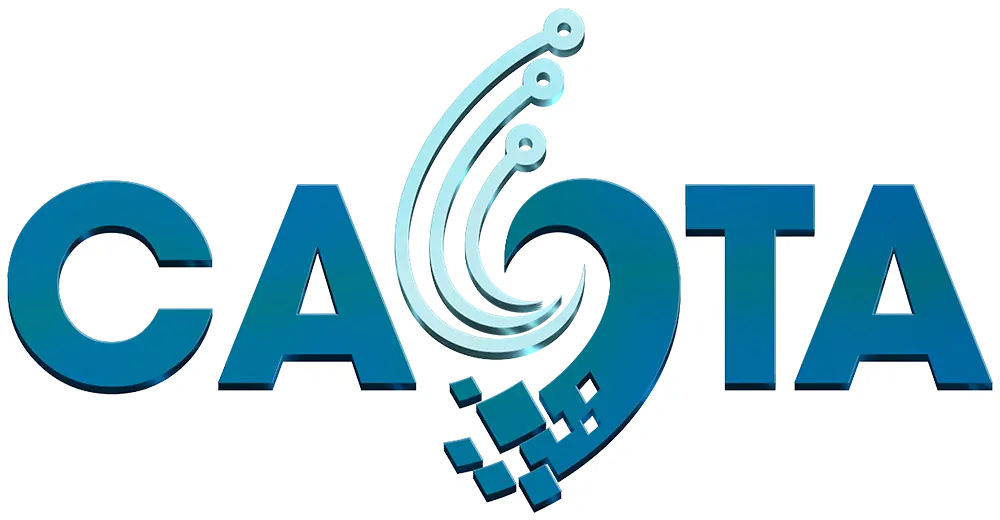Startups are no longer exclusive to major urban centers or high-tech industries. Today, in villages producing fish sauce, coconut candy, and coffee, and in regions cultivating medicinal herbs, a growing number of young entrepreneurs are bringing technology into traditional products—creating new value from the familiar. These local startup ecosystems are emerging as a fresh driving force, enabling specialty products to step onto the global stage.
A defining feature of local startups is their ability to bridge tradition and modernity. They don’t create products from scratch, but rather reimagine traditional ones through a contemporary lens: more refined packaging, digital distribution channels, brand storytelling via videos, social media, and livestreams. As a result, a jar of fermented shrimp paste can become a premium gift, and a cup of local tea a cultural icon.

Technology lies at the heart of every modern startup model. From order management software and e-commerce platforms to traceability systems and customer service chatbots, young entrepreneurs are using tech as a “virtual assistant” to streamline operations, scale efficiently, and reduce labor costs. Some startups even incorporate AR (Augmented Reality) to let customers interact with products through their smartphones.
More importantly, the startup ecosystem fosters collaboration—a space where farmers, artisans, tech experts, and local investors come together to share benefits and build solutions. In provinces like Dong Thap, Quang Nam, and Dak Lak, local governments have launched coworking spaces, startup incubators, and regional innovation contests to connect and mobilize resources. These initiatives are gradually forming a sustainable creative network that taps into the full potential of local resources.
However, for local startup ecosystems to truly thrive, three key challenges must be addressed: funding, skills, and market access. Capital is not just about money, but also about access to grants, preferential loans, and tax incentives. Skills include management, creativity, and persuasion—all of which require structured training. And the market is where products must reach real consumers—not just local trade fairs or personal acquaintances.
Building a startup is never an overnight success. But when each local product is reimagined through creative thinking and empowered by a technological ecosystem, traditional value is not merely preserved—it is evolved. This is the best way for local specialty products not just to survive, but to thrive and break through in the digital age.
Ngày đăng: 28-05-2025
Tác giả: Kim Anh

